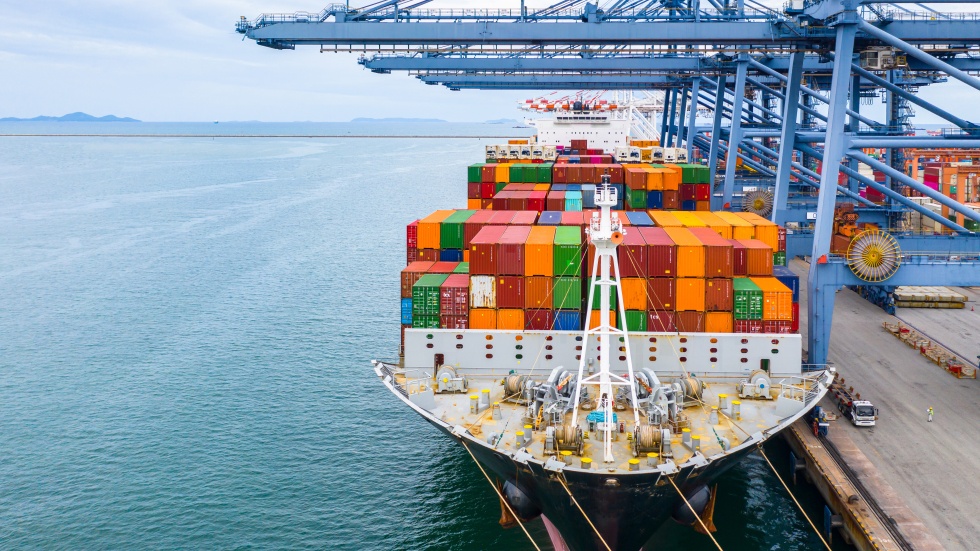UK Global Trade Opportunities Post-Brexit
Explore the evolving dynamics of UK trade post-Brexit. Discover insights, challenges and strategies for businesses in the changing global trade landscape.

The landscape of international trade underwent a seismic shift with the advent of Brexit, as the United Kingdom, historically intertwined with the European Union, embarked on a journey to redefine trade. This article delves into the intricate tapestry of post-Brexit UK trade policy, exploring the challenges, opportunities, and evolving dynamics of global trade.
Understanding the Shift in UK Trade Policy
The aftermath of the 2016 UK referendum on EU membership ushered in an era of newfound autonomy for the UK in shaping its trade destiny. The vision of a "Global Britain" emerged, with an emphasis on policy independence and regulatory sovereignty. However, the journey has been a mixed one, with post-Brexit expectations being challenged by the changing global political economy.
Brexit facilitated a revival of the UK's role as a global trading state, free from perceived EU constraints. The ambition was to capitalize on the UK's international standing, particularly in financial services. However, the process of defining and adapting to new roles in trade negotiations proved complex and required the UK to navigate its place in the global economic landscape.
Policy Options and Trade Deals
As the UK grappled with defining its trade policy, the options ranged from aligning with EU trade policy to pursuing bilateral agreements based on World Trade Organization terms. The path chosen resulted in the Trade and Cooperation Agreement (TCA), which was signed in December 2020. The TCA focused on the elimination of tariffs on goods, but marked a departure from comprehensive agreements and prioritized regulatory autonomy.
Trade relations with the EU became a focal point, with the TCA addressing specific aspects but leaving out services and certain regulatory areas. The UK's position reflected a commitment to regulatory independence, symbolizing a break with the obligations of EU membership. While the agreement satisfied domestic desires for trade autonomy, it created tensions and complexities in the UK's international standing.

Navigating the Northern Ireland Protocol
The implementation of the Northern Ireland Protocol has emerged as a key challenge in the post-Brexit era. The Protocol sought to maintain a "frictionless border" between Northern Ireland and the Republic of Ireland, which required compliance with EU rules. However, this special status for Northern Ireland within the UK has sparked controversy and strained relations. The UK's attempts to amend or challenge the Protocol raised international concerns and underlined the delicate balance between regulatory autonomy and international obligations.
The Windsor Framework, agreed in February 2023, signaled a potential shift in the relationship between the UK and the EU. While it did not fully resolve the Northern Ireland issue, it marked a pragmatic approach that recognized the need for flexibility and cooperation in trade relations.
Trade Blocs, the Brexit Deal, and Future Trajectories.
The evolving landscape of trade blocs, Brexit deals, and UK-EU relations presents both challenges and opportunities. Trade tensions, exacerbated by the UK's adaptation of its role, highlight the complexity of navigating a post-Brexit economy. As the UK seeks to redefine its role in the global trade arena, the intricacies of international negotiations, dealing with trade blocs, and adapting to evolving economic landscapes remain front and center.
In conclusion, the Brexit journey and its impact on UK trade is a dynamic process shaped by negotiations, challenges, and strategic adaptations. Navigating these complexities will require a delicate balance between policy autonomy and international cooperation. The future trajectory of UK trade relations will undoubtedly unfold against a backdrop of global economic shifts, making adaptability and strategic decision-making paramount for companies engaged in import-export activities.






Comments 0